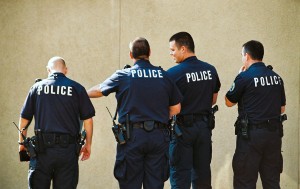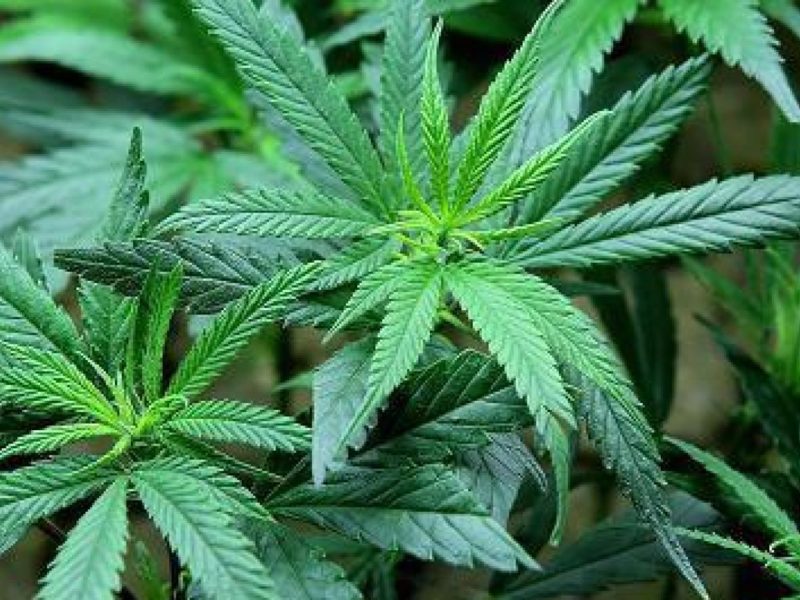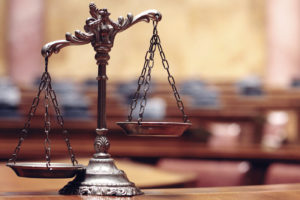What is the difference between legalization or decriminalization?
Many states and countries have been moving toward the legalization or decriminalization of marijuana… but what does that really mean?
In New York, the possession of marijuana has been decriminalized, but not fully legalized. This means that depending on the amount of marijuana you have in your possession, and your criminal history, you may not be charged with a crime, but rather a violation, similar to a traffic ticket. Instead of arresting you for possessing small amounts of marijuana, the police may instead issue you a ticket and a court summons.
In order to be considered a violation, and not a criminal offense, you must have less than two ounces of marijuana in your possession, and be in a non-public space at the time of the violation (PL § 221.05). You may still be arrested for possessing less than two ounces of marijuana if you are in a public location and it is publicly visible. For example, if you are smoking it in a public area you may be arrested for criminal possession of marijuana even if it is less than two ounces (PL § 221.10).
What happens if I am charged with a marijuana violation in NY?
If you receive a ticket for the unlawful possession of marijuana, and have not been convicted of any other controlled substance offense in the past three years, then you may be fined a maximum of one hundred dollars.
If in the previous three years you have been convicted of a controlled substance offense, then you may be fined a maximum of two hundred dollars. If you were convicted of two or more controlled substance offenses within the past three years, then you may be fined a maximum of two hundred and fifty dollars, and may be imprisoned a maximum of fifteen days.
In the case of a violation for the unlawful possession of marijuana, as long as you attend your court date,  pay any fines, and don’t acquire any additional drug violations, the charge should not be added to your criminal record. If this is your first offense, you will likely be offered a Marijuana Adjournment in Contemplation of Dismissal (MACD), which will result in a dismissal of the charges as long as you are not arrested again within one year.
pay any fines, and don’t acquire any additional drug violations, the charge should not be added to your criminal record. If this is your first offense, you will likely be offered a Marijuana Adjournment in Contemplation of Dismissal (MACD), which will result in a dismissal of the charges as long as you are not arrested again within one year.
Have you been charged with a marijuana offense in New York?
Contact us today for a free consultation: (646) 742-9800
What happens if I am charged with a marijuana violation in Brooklyn?
The District Attorney of Brooklyn, New York released an announcement in July 2014 stating that the DA’s office in Brooklyn would decline to prosecute most low-level marijuana cases. This policy will only apply to those with a minimal or no criminal record. Additionally, if you are caught smoking in public, or around children, you will not automatically avoid prosecution. This policy creates an unusual situation, as Brooklyn is currently the only borough in New York City with this policy, and the NYPD is not on board. The NYPD may still arrest you or give you a ticket for a desk appearance in Brooklyn, only to have the DA tell the court that it doesn’t want to prosecute the case. Brooklyn’s policy would apply to both the violation of unlawful possession of marijuana (PL § 221.05), and the misdemeanor of possession of marijuana in the 5th degree (PL § 221.10).
Does this mean I won’t go to jail for a marijuana offense?
Not necessarily. The possession of more than two ounces of marijuana, and smoking or burning marijuana in public are all criminal offenses in New York, so you can still be arrested for these offenses. If you are found guilty of these charges they will go on your criminal record.
Decriminalization also means that while possessing small amounts of marijuana may not be illegal, buying and selling marijuana is, and it means that you can still be arrested and charged with a crime for these types of actions. Additionally, while certain states have decriminalized or legalized marijuana, it is still federally illegal to possess, buy, or sell marijuana. So while it is highly unlikely the FBI or DEA is going to arrest you for possession of small amounts of marijuana, if they did, it wouldn’t matter what state you were in, or what that state’s marijuana laws are.





You must be logged in to post a comment.